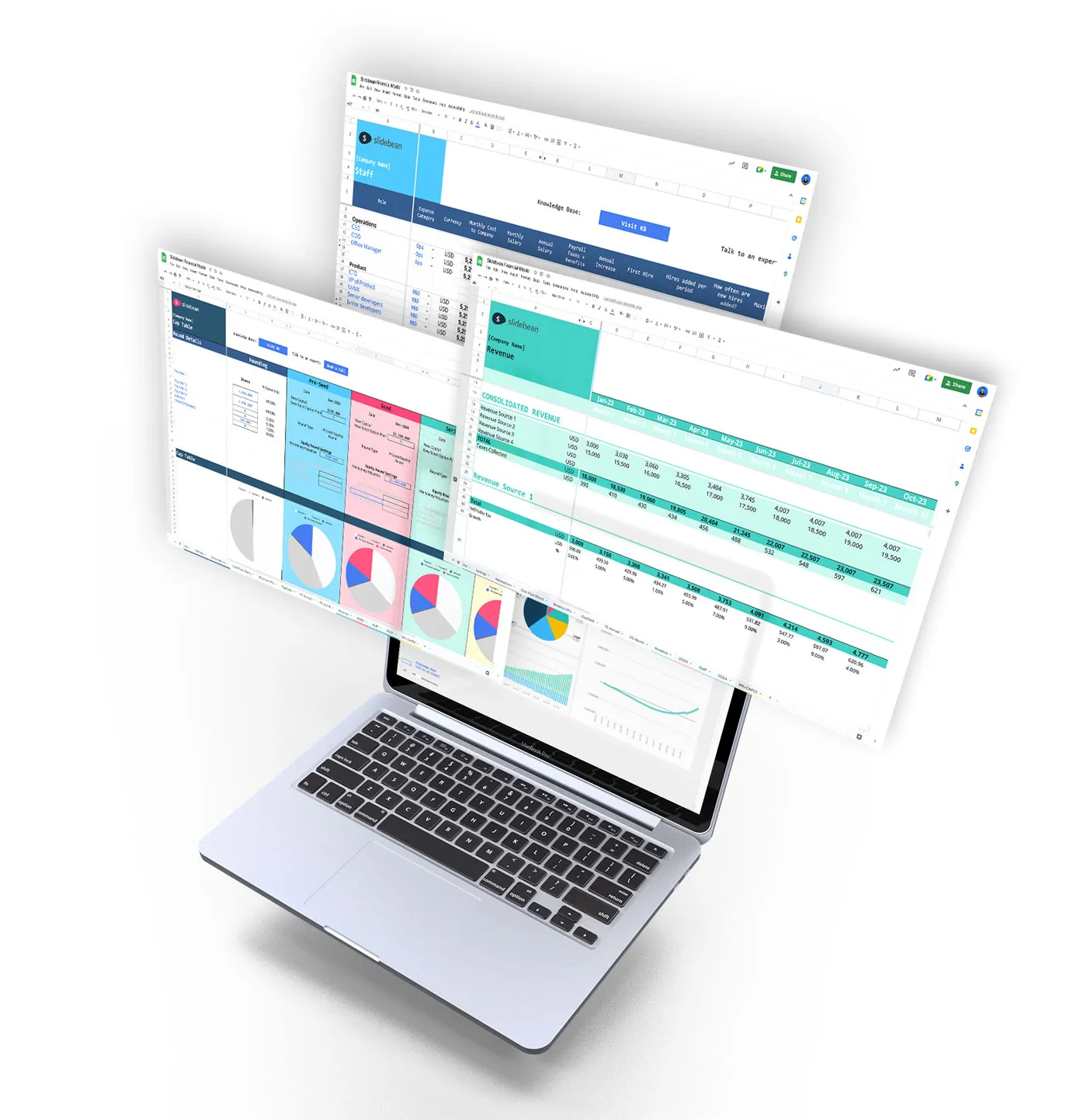Startup ideas: should you compete against an established company?

Is starting a business that directly competes against a player as big as Microsoft a good idea? Maybe. I hope our story sheds some light.
We have a presentation platform. It's not the first, or the second, or the third. We can't even say it's the 'best'... but I'll get back to that.
When starting a business, we decided to go take a stab on this area because we were all frustrated with presentations. From school, to work meetings, to startup pitch decks, the truth is most are built on PowerPoint, and most are a painful experience for both the viewer and the presenter.
I spoke at a TEDx a few years ago, and this was the tipping point. I was so excited to present next to these fantastic speakers, expecting to see awesome slides.. and the truth was there was a team of designers on the event production in charge of the slides. This was insane to me. Professional speakers, brilliant minds still needed help to solve PowerPoint.
There was clearly something wrong, and that's why we started this. Half a million people have tried Slidebean. Tens of thousands have paid for it.
Starting a business: What did we get right?
On usability
We separated the content and the design: rethinking the usability and user experience. This removed the frustration and especially the distraction of arranging the layout before the content is done. I think we hit the nail on the head there; people use Slidebean because it saves them time, and that's why.
What did we get wrong?
What we got wrong; getting people to switch to this new approach is not easy. While the learning curve is minimal, people are used to doing things one way and changing that behavior is harsh.
On design
Right: Everyone wants better-looking presentations. It's frustrating to work for hours on a deck, only to see slides that don't look the way you expect. Most people aren't designers, but they can see that there's something on this slide that's not on this slide.
Wrong: We thought that by guaranteeing perfect design, we'd get people on board, even if that required some limitations. Our first product was strict: we would not allow you to add more than 300 characters on a slide, because it 'wasn't right.'
We thought people would value design first, but in reality, it comes second to time efficiency, to productivity.
It took us years to solve this: to give users the ability to add anything to a slide, and being able to arrange it in a way that still looks stunning. We didn't solve it, artificial intelligence did.
We came up with a system that generates thousands of slides from the content the user added. Then, the system looks at all the slides and finds the perfect one. We look for aligned elements, large text, and images. The AI even looks at the pictures themselves to find out what they are and how to arrange them better.
All this happens in a fraction of a second, because, once again, time is money and time savings, productivity is what people care about the most.
On adoption
Right: Becoming a niche product. Slidebean is THE BEST tool for specific tasks. Like pitch deck building. It performs pretty well for marketing people too. The combination of features, pricing, messaging, design, speaks to them- and things just work out.

Wrong: What we obviously got wrong was our ability to scale beyond these audiences. There are millions of users and millions of dollars to be made from users that would find Slidebean better than PowerPoint, but we won't get to 500 million customers anytime soon. We were naive here. A McKinsey consultant who's been using MSFT Office for 20 years is not going to switch unless we can build the perfect product for him, and we are not ready to do that yet.
On business model and pricing
Right: We've seen so many competitors go out of business during our time with Slidebean. So many. This part of the journey of starting a business it's always sad. In the end, they are like-minded people that saw a similar problem and tried to solve it, just like us.
What has kept our company alive and growing has been our decision to become a premium product- which speaks again to that niche. We cater to people who value their time enough to pay for a product that will save them time.
Google Slides is free. Keynote is free. PowerPoint is almost free. We can't compete with that; no startup can. Think about this when starting a business.
Wrong: Still, we've gotten our pricing wrong many a time. We've pivoted and iterated over this since inception- and we made a whole video about that so check that out.
On the Startup story
We like to think of ourselves as a tech startup. Any growth slower than 10% MoM is not cool, and we put ourselves into crisis mode to get back to where we want to go.
Still, we don't function as a startup in many ways. We are profitable, for once. Between making aggressive bets with the risk of having to close shop and leaving 25 people without a job... or moving slower and providing a safe environment for our team... we chose the latter.
It's not the Silicon Valley story. It's not the Series F funding story (yet). But it's a success story. It's something we are proud of.
I think we've gotten that right- but many will argue that it's wrong. What do you think?
Try SLIDEBEAN for FREE







